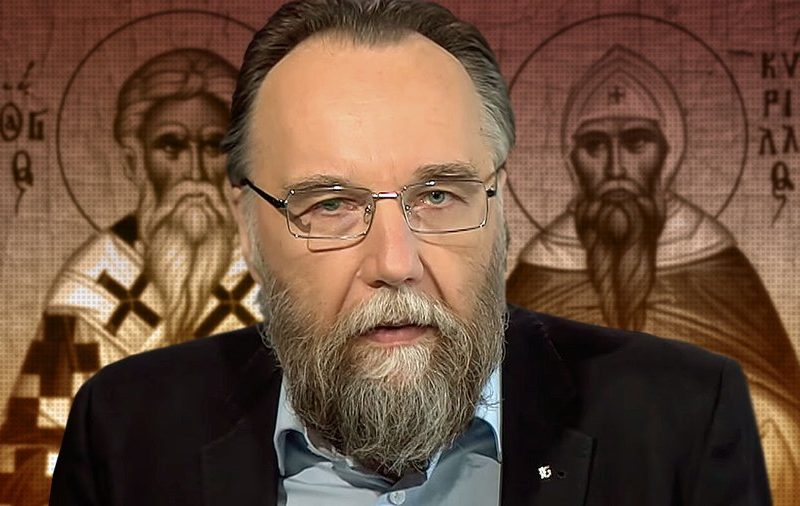The initial grip of a revolver and trigger control are two of the most critical components of shooting accurately and safely. Whether a novice shooter or a marksman, proper grip and trigger control are essential to ensuring your shots are on target, and your firearm is handled safely.
First, let's discuss the initial grip of a revolver. You want to ensure a firm grip without squeezing too hard when gripping a revolver. Your grip should be consistent and comfortable, allowing you to maintain control of the firearm throughout the shooting process.
The best way to grip a revolver is to use a two-handed grip, with your dominant hand grasping the handle and your non-dominant hand supporting the base of the firearm. Your thumbs should be pointing forward along the revolver frame, and your fingers should be wrapped securely around the handle. The webbing of your hand between your thumb and index finger should be high on the backstrap of the revolver grip.
Once you have a solid grip on the revolver, it is essential to focus on trigger control. Trigger control is the ability to press the trigger without disturbing the alignment of the firearm, ensuring that the shot is fired accurately.
The key to proper trigger control is a smooth, steady press. Your trigger finger should be placed on the trigger with the pad of your finger, not the tip. You should be able to press the trigger straight back without pulling or pushing the firearm off-target. A common mistake is "jerking" the trigger, which can cause the firearm to move, resulting in an inaccurate shot.
To prevent jerking, you should use the natural movement of your finger to press the trigger smoothly and evenly. This means keeping your finger on the trigger until the shot is fired rather than quickly pulling your finger away once the shot is fired.
It's also essential to be aware of the trigger's reset. The reset is the distance the trigger must travel forward before being pulled again. Knowing the reset of your firearm is crucial to maintaining proper trigger control and firing accurately.
In conclusion, the initial grip of a revolver and trigger control are essential components of shooting accurately and safely. A proper grip allows you to maintain control of the firearm, while trigger control ensures that shots are fired accurately without disturbing the alignment of the firearm. Remember to use a two-handed grip, with your thumbs pointing forward and the webbing of your hand high on the backstrap of the revolver grip. Additionally, focus on using the pad of your finger to press the trigger smoothly and evenly without jerking or pulling the firearm off-target. You can become a skilled revolver shooter with practice and proper technique, consistently hitting your targets accurately and safely.






















